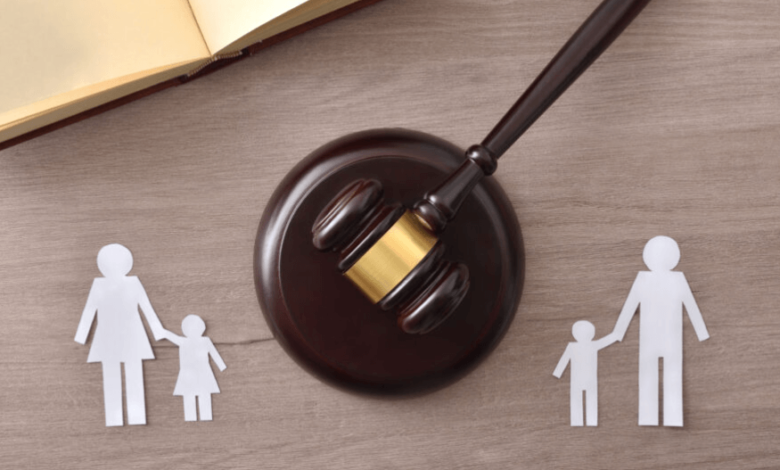Family Lawyer: Understanding Child Custody and Legal Considerations

When parents separate or divorce, one of the most challenging aspects they face is determining child custody arrangements. A family lawyer plays a crucial role in guiding parents through this process, ensuring that the child’s best interests are prioritized while also advocating for parental rights. Understanding child custody laws, different custody arrangements, and the factors courts consider can help parents make informed decisions.
Types of Child Custody
Child custody is generally categorized into two main types: legal custody and physical custody. Each has significant implications for both parents and children.
- Legal Custody: This refers to the right to make major decisions regarding the child’s upbringing, including education, healthcare, and religious practices. Legal custody can be either sole (one parent has full decision-making authority) or joint (both parents share responsibility).
- Physical Custody: This determines where the child will live and how parenting time is divided. Similar to legal custody, physical custody can be sole (the child primarily resides with one parent) or joint (the child spends substantial time with both parents).
See also: Glossy Laminate Sheets The Secret to Elevating Your Home Décor
Factors Courts Consider in Custody Cases
Courts make custody decisions based on the child’s best interests. While laws vary by state, common factors that influence these decisions include:
- Parental Fitness: The mental, emotional, and physical health of each parent.
- Child’s Preference: Depending on age and maturity, courts may consider the child’s preference.
- Parental Stability: The ability of a parent to provide a stable home environment.
- Parental Cooperation: Courts favor parents who are willing to cooperate and foster a positive relationship between the child and the other parent.
- History of Abuse or Neglect: Any past incidents of domestic violence or neglect significantly impact custody rulings.
Sole vs. Joint Custody: Which is Better?
Both sole and joint custody arrangements have pros and cons, depending on the family dynamics.
- Sole Custody: This may be granted if one parent is deemed unfit due to issues such as substance abuse, neglect, or instability. While it offers consistency for the child, it may limit the other parent’s involvement.
- Joint Custody: This arrangement ensures that both parents remain actively involved in the child’s life. It promotes co-parenting but requires strong communication and cooperation between parents.
Modifying Child Custody Orders
Life circumstances change, and sometimes, custody orders need to be modified. A family lawyer can help parents petition the court for changes based on substantial changes in circumstances, such as relocation, remarriage, or concerns about the child’s well-being.
The Role of Mediation in Custody Disputes
Instead of going through a lengthy court battle, many parents opt for mediation. Mediation involves a neutral third party helping parents reach an agreement that works for everyone involved. This process is often less adversarial and can result in a more amicable co-parenting arrangement.
Final Thoughts
Navigating child custody can be emotionally and legally complex, making the guidance of a family lawyer invaluable. By understanding the different types of custody, legal considerations, and court factors, parents can better prepare for the challenges ahead while prioritizing their child’s well-being. Seeking legal counsel can ensure that custody arrangements are fair and in the best interest of the child.






